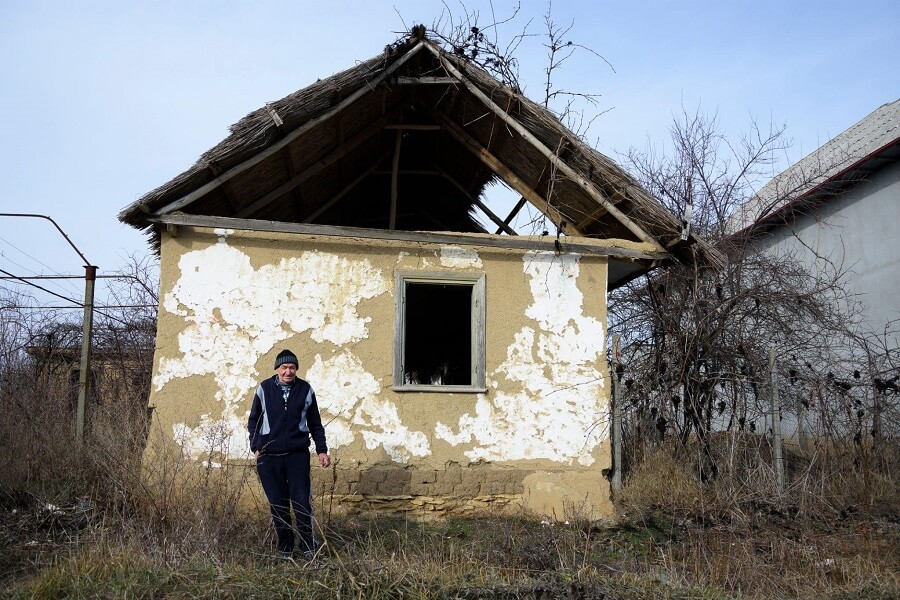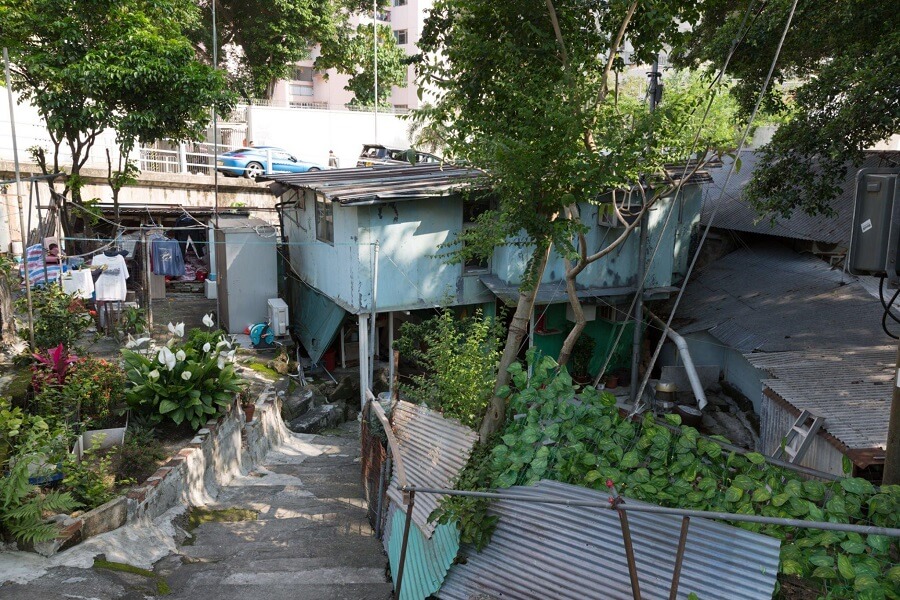Squatting has been a topic of debate and discussion for years. Squatting is the act of occupying an abandoned or unoccupied property, without the owner’s permission. It is often considered illegal and unethical. However, in certain situations, squatters may have legal rights to the property they occupy.
History of Squatter Rights
The history of squatter rights dates back centuries, as people have always sought to find shelter and land to call their own. In the United States, the concept of squatter’s rights can be traced back to the Homestead Act of 1862, which allowed settlers to claim ownership of public land after living on it and improving it for a certain period of time.
In modern times, squatting has become more prevalent in urban areas where housing is expensive and often unaffordable for many people. Squatters may occupy abandoned or vacant buildings or properties, and in some cases, they may even claim ownership of the property after living there for an extended period of time.
What Are Squatters Rights?
Squatter Rights are legal protections granted to people who occupy the property without the owner’s permission. These rights can vary depending on the jurisdiction, but generally, they give squatters legal rights to remain on the property, provided they meet certain criteria. Squatters Rights are not absolute, and in most cases, the property owner can still reclaim their property.
How Do Squatters Rights Work?
The laws governing Squatters Rights vary depending on the jurisdiction, but they generally provide protections for people who have occupied a property for a certain amount of time. In some cases, Squatter’s Rights may also be granted to people who have made improvements to a property or paid taxes on it.
The exact requirements for Squatter’s Rights vary depending on the jurisdiction, but they typically require the following:
- The squatter must have occupied the property continuously for a certain amount of time (usually several years)
- The property must be abandoned or unoccupied
- The squatter must have made some form of improvement to the property (such as repairs or renovations)
- The squatter must have acted in good faith (i.e., not knowing that they were occupying the property illegally)
If the squatter meets these requirements, they may be entitled to legal protections under Squatters Rights laws.
How to Get Rid of Squatters
If you find yourself dealing with squatters on your property, there are several steps you can take to get rid of them:
- Contact the Police: Squatting is illegal in most cases, and the police can help remove squatters from your property.
- Serve an Eviction Notice: You can serve the squatters with an eviction notice, which gives them a certain amount of time to vacate the property. If they refuse to leave, you may need to go to court to obtain an eviction order.
- Obtain a Court Order: If the squatters refuse to leave after receiving an eviction notice, you may need to obtain a court order to have them removed. This can be a time-consuming and expensive process, but it may be necessary to protect your property rights.
- Hire a Lawyer: If you are having difficulty getting rid of squatters, it may be helpful to hire a lawyer who specializes in property law. They can help you navigate the legal process and protect your rights as a property owner.
It is important to note that property owners cannot use force or violence to remove squatters. Doing so could result in criminal charges and civil lawsuits. It is important to follow the legal process to ensure that your rights are protected and that you do not face legal repercussions.
When Can Squatters Rights Be Claimed?
Squatters Rights can only be claimed in certain situations. In general, squatters cannot claim legal rights to a property if:
- The property is actively being used or occupied by the owner
- The property is being rented out or leased by the owner
- The squatter has not occupied the property continuously for the required amount of time
- The squatter has not made any improvements to the property
If the property owner becomes aware of the squatter’s presence, they may take legal action to remove them from the property. However, if the squatter has met the requirements for Squatter’s Rights, they may be able to fight the eviction in court.
What Are the Benefits of Squatter Rights?
The primary benefit of Squatters Rights is that they provide legal protections for people who occupy abandoned or unoccupied properties. In some cases, Squatters’ Rights can also allow people to gain legal ownership of a property. This can be particularly beneficial for people who cannot afford to purchase a home through traditional means.
What Are the Risks of Squatting?
While Squatters Rights can provide legal protections for people who occupy abandoned or unoccupied properties, there are also risks involved. Squatting is generally considered illegal, and squatters can face legal consequences if they are caught. Additionally, squatters may be evicted from the property at any time, and they may not be entitled to any compensation for the improvements they made to the property.
How Can Property Owners Protect Themselves from Squatters?
There are several steps property owners can take to protect themselves from squatters. These include:
- Regularly inspecting their properties to ensure they are not being occupied by squatters
- Securing their properties with locks and fences to deter squatters
- Posting “no trespassing” signs on their properties
- Taking legal action to remove squatters as soon as they become aware of their presence
FAQs
Is squatting illegal?
In most cases, squatting is illegal. It involves occupying a property without the owner’s permission and can be considered trespassing or even burglary in some cases. However, there are some exceptions to this rule, such as when the property is abandoned or the squatter can prove adverse possession.
Can you turn off utilities on a squatter?
No, property owners cannot legally turn off utilities on squatters. Doing so could be considered a violation of their rights and could result in legal action. The proper way to remove squatters is through the legal eviction process.
How long is squatters’ rights?
The length of time that squatters’ rights apply varies depending on the jurisdiction. In some areas, squatters may be able to claim adverse possession after just a few years of occupying a property, while in others, they may need to occupy the property for a much longer period of time. It is important to research the laws in your area to understand your rights as a property owner or as a squatter.
How long do you have to squat in a house to own it?
The amount of time that a squatter must occupy a property to claim ownership varies depending on the jurisdiction. In some areas, it may be as little as a few years, while in others, it could be 20 years or more. However, it is important to note that simply occupying a property does not automatically give a squatter ownership rights. They must also meet other legal requirements, such as maintaining the property and paying property taxes.
Can squatters ever gain legal ownership of a property?
In some cases, squatters can gain legal ownership of a property through a process called adverse possession. This requires the squatter to occupy the property continuously for a certain amount of time and meet other legal requirements.
Can squatters be evicted without notice?
No, squatters are entitled to due process before they can be evicted. This includes receiving notice of the eviction and having the opportunity to contest it in court.
Can property owners use force to remove squatters?
No, property owners cannot use force to remove squatters. They must follow the legal eviction process, which may involve getting a court order.
Can squatters be held liable for damage to the property?
Yes, squatters can be held liable for any damage they cause to the property. Property owners may be able to sue squatters for damages in court.
Are Squatters Rights recognized in all countries?
No, Squatter’s Rights is a concept that varies depending on the jurisdiction. Some countries may not recognize Squatters’ Rights at all, while others may have different legal requirements for claiming these rights.
Conclusion
Squatters Rights is a complex legal concept that varies depending on the jurisdiction. While they may provide legal protections for people who occupy abandoned or unoccupied properties, they are generally considered illegal and pose risks to property owners. It is important for both property owners and squatters to understand their legal rights and responsibilities in these situations.
Read Also: Squatter in New York City



